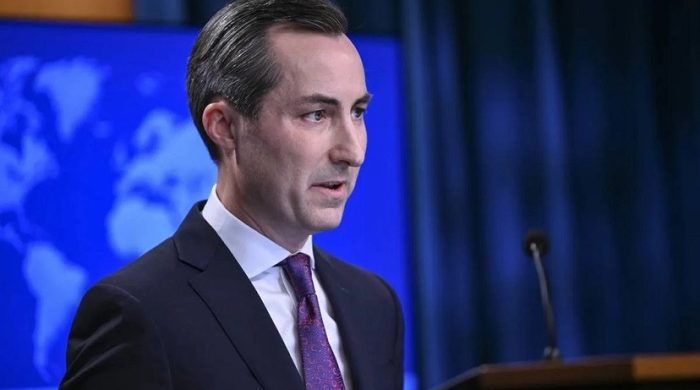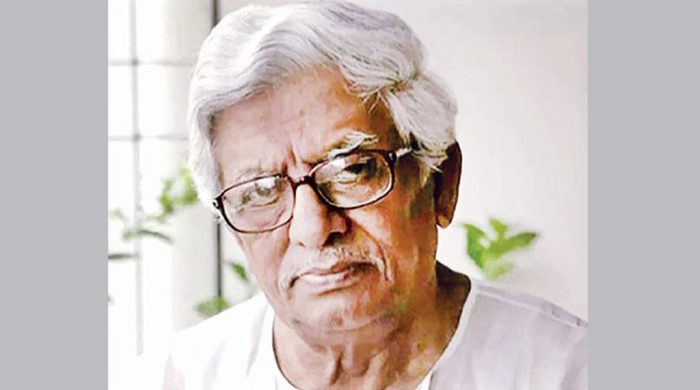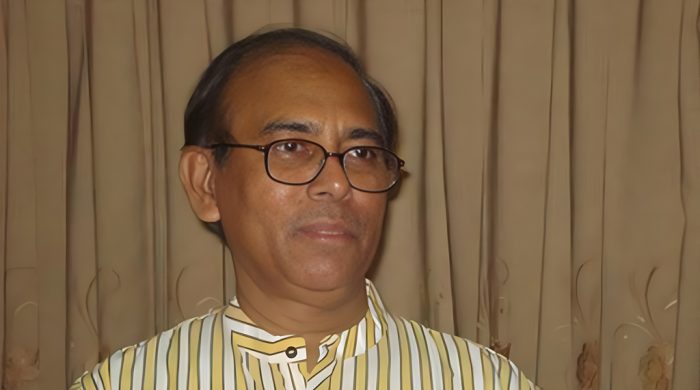Germany to return looted Benin Bronzes to Nigeria

- Update Time : Saturday, May 1, 2021
- 234 Time View

Precious artifacts that were looted during the colonial era will finally be returned to Nigeria, the German government has announced. The first returns are planned for 2022.
In a joint declaration published Thursday, Germany’s Ministry of Culture, state ministers and museum directors committed to “substantive returns” of Benin bronzes — artworks made of bronze, brass and ivory that were taken by the British army in a raid on the Kingdom of Benin, in present-day Nigeria, in 1897.
The bronzes were subsequently distributed across the world and hundreds are currently held in German museums. Nigeria has sought their return for decades.
Osaisonor Godfrey Ekhator-Obogie, a historian and researcher at Nigeria’s Institute for Benin Studies, welcomed the declaration, saying that Germany is “leading in the global restitution movement.”
“Other European nations should be willing and open to acknowledge that all objects looted in 1897 belong to the Benin people,” he said over email. “Like Germany, they too should initiate or join the dialogue to discuss the future of these objects.
“This decision was a truce with parties, not a win-win or winner takes it all. I will tell my children about this historic moment.”
‘Historic milestone’
German Culture Minister Monika Grütters described the declaration as a “historic milestone.”
“We face a historic and moral responsibility to shine a light on Germany’s colonial past,” said Grütters in a statement. “We would like to contribute to an understanding and reconciliation with the descendants of the people who were robbed of their cultural treasures during the colonial era.”
The declaration lays out plans for the first pieces to be returned next year, and for a roadmap to guide additional restitution, without specifying which artifacts or how many.
It also requires museums in possession of Benin objects to establish and document their provenance. Those details are to be to be published on a new website that will serve as an information resource and point of contact for restitution claims relating to any German “collections from colonial contexts.”
Parties to the agreement have pledged to work with Nigerian partners, including the Legacy Restoration Trust, which is leading the development of the new Edo Museum for West African Art in Benin City, Edo State.
The announcement follows a visit by a German government delegation to Nigeria in March, after which the foreign minister Heiko Maas signaled support for restitution.
Edo State Governor Godwin Obaseki, who hosted the delegation, subsequently announced the launch of a “legacy restoration trust” and expressed hope that international cooperation would go beyond the return of objects.
“We believe that our collaboration should transcend to not only returning the works but also understanding the significant and meaning of those works from our history,” said Obaseki in a statement.
Germany has also committed to supplying expertise and funding for the new museum, designed by award-winning architect David Adjaye, and recently launched a “knowledge-exchange” platform for collaboration between German and African museums.
Thursday’s declaration has, however, received a mixed reaction from scholars in the field of restitution. Professor Jürgen Zimmerer, a colonial historian at the University of Hamburg, described it as a “disappointment” for not going further.
“There is a general commitment to ‘substantial restitution’, however this is rather vague,” he told CNN. “No firm schedule for restitution has been presented.”
But Professor Dan Hicks, curator of the Pitt Rivers Museum at the University of Oxford and author of a book on the Benin Bronzes, believes the declaration is a step forward.
“This clear statement from such a powerful group of German museum leaders, setting out their willingness to make substantive returns of Benin bronzes, will be very welcome to many,” said Hicks.
“The fast-moving developments in Germany will move the needle on this question … and will shift it up the agenda also for the trustee bodies, directors, curators and museum-goers at more than 150 museums worldwide that hold Benin collections.”
Nigeria’s campaign
The bronzes have come to be regarded as among the finest artworks produced in Africa and individual pieces have sold for millions of dollars at auction.
Nigeria’s campaign for their return predates the country’s independence in 1960. The issue has often been a source of tension in relations with former colonial powers, such as a diplomatic incident in 1977 sparked by the British Museum’s refusal to return an ivory mask on loan.
But after decades of little success, there have been signs of movement in recent years. In 2019, the French government commissioned a report recommending that museum artifacts from sub-Saharan Africa be made available for restitution claims. The directors of major museums in the Netherlands have supported calls for a new process for restitution.
A handful of institutions have acted on their own initiative. The National Museum of Ireland recently committed to “progress a restitution process” for its bronzes, according to the Times, while the University of Aberdeen has announced it will return a bronze.
But UK laws forbid national museums from returning parts of their collections, which has proved a significant barrier. The British Museum, which holds the largest collection of bronzes from Benin, has been a frequent target for campaigners.





















